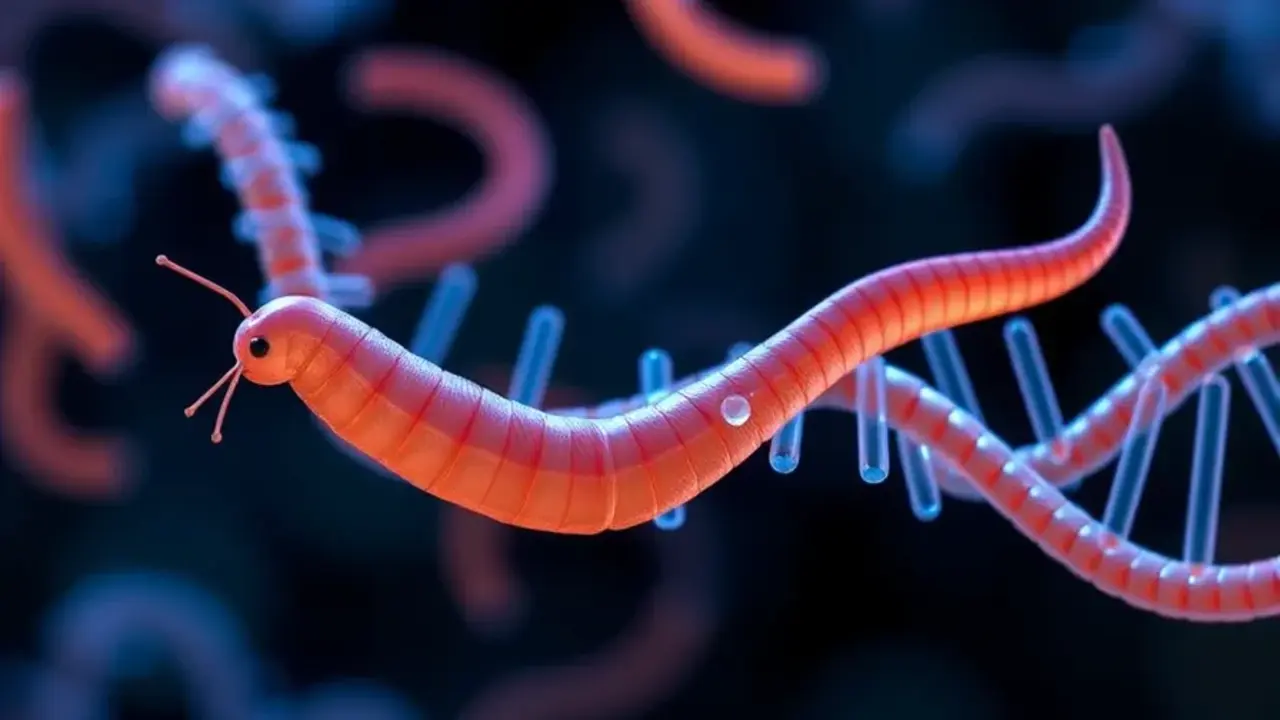RNAi treatments, known for their precision in silencing disease-causing genes, have already been shown to be effective in agriculture and are being developed for human medicine. But there are important questions about the duration of RNAi’s effectiveness and how to fine-tune these treatments, the paper reported.
The team, led by Anthony Jose, found that the effect of RNAi diminished over time even in non-dividing cells—a surprising result given that these cells do not proliferate and therefore should not weaken the therapeutic effect. This observation suggests the existence of a degradation mechanism that could limit the duration of action of RNAi drugs. The researchers emphasize the importance of considering this potential for resistance early in drug development to ensure long-term efficacy.
The study also identified key regulatory proteins involved in gene silencing, creating new opportunities for the development of more effective and specific RNAi drugs.
News materials are not equivalent to a doctor’s prescription. Consult a specialist before making a decision.
Source: Ferra
I am a professional journalist and content creator with extensive experience writing for news websites. I currently work as an author at Gadget Onus, where I specialize in covering hot news topics. My written pieces have been published on some of the biggest media outlets around the world, including The Guardian and BBC News.











